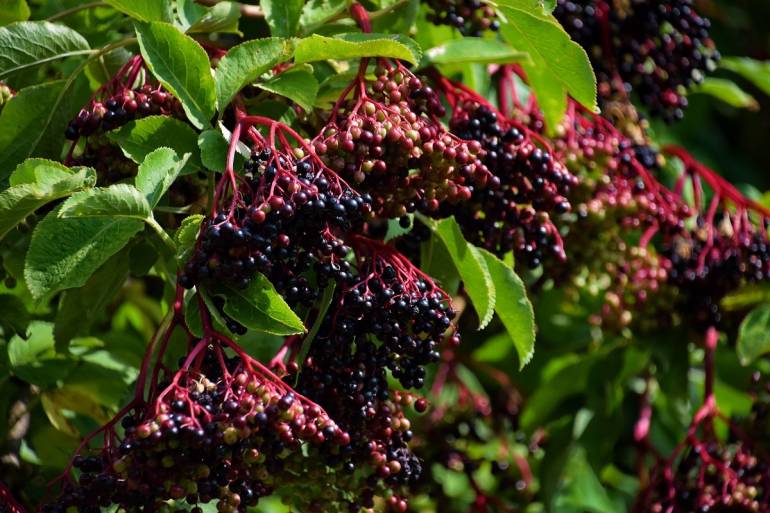Urinary tract stones are a chronic disease with recurrent episodes of renal colic. Although bothersome, with proper treatment and preventive measures, it is possible to function with it on a daily basis without problems. What are the causes of kidney stones, when do the symptoms appear and what is the treatment? What habits should be implemented to prevent recurrence? We suggest.
What is kidney stones?
Nephrolithiasis (also known as urolithiasis) is a disease of the urinary system associated with the presence of deposits (urinary stones) in the kidneys and urinary tract. Stones consist of chemical compounds that are physiologically found in the urine in dissolved form. However, in certain situations, their concentration is higher than normal and they precipitate in the form of crystals. When the stones are small, then they are said to be „sand in the kidneys”, over time they combine into larger ones, leading to the formation of urinary stones (deposits). Depending on the composition of the stones (they can be composed of calcium oxalate or phosphate, uric acid, magnesium ammonium phosphate or cystine), different types of kidney stones are distinguished. Symptoms, however, are very similar in each type.
Urinary tract stones are one of the most common urinary tract diseases, they affect men more often than women, and the first symptoms are felt in people in their 20s to 30s. year of age. The highest incidence is recorded in people aged 30-40 years. It is a recurrent disease – after stones are removed from the urinary tract, new ones can form after some time.
Nephrolithiasis – causes
The direct cause of kidney stones is not fully known. However, it is known that there are a number of factors that can promote the formation of urinary stones, these include:
- Too little hydration of the body (drinking too little fluids, excessive sweating) results in a higher concentration of urine, which promotes the precipitation of crystals,
- Genetic predisposition, certain kidney diseases,
- high concentrations of so-called „stone-forming” substances (e.g., calcium, phosphate, oxalate, uric acid) – largely dependent on diet, on the drugs used and on the co-occurrence of metabolic disorders in the body,
- Recurrent urinary tract infections, urinary stasis,
- Prolonged immobilization, caused, for example, by illness.
Nephrolithiasis – symptoms
The disease can develop asymptomatically for many years. The presence and formation of stones in the kidneys or urinary tract initially does not impede the flow of urine. Usually the first typical symptom of kidney stones is an attack of renal colic. It is described as a sudden, extremely severe pain, sometimes spasmodic, in the kidney area or slightly lower in the pit of the abdomen, radiating to the groin. The immediate cause of renal colic is the movement of a stone from the kidney into the urinary tract, which causes irritation of the ureters and their partial or complete blockage. Often accompanying symptoms are nausea and vomiting, frequent urinary urgency, burning during micturition and a feeling of incomplete bladder emptying. Hematuria resulting from damage to the urinary tract may also occur.
Small urinary stones can move through the urinary tract into the bladder, resulting in a relatively short colic attack (e.g., several hours). Larger stones move much more slowly (even several days) or can clog the ducts, requiring surgical intervention.
Nephrolithiasis – treatment
At the first attack of renal colic, one should immediately go to the doctor, similarly when accompanied by fever, chills, intense vomiting or hematuria. On the other hand, people with diagnosed kidney stones, when they notice the first symptoms of colic, can start treatment themselves (after arranging treatment with a doctor). In a condition such as kidney stones, medications are mainly painkillers and decongestants, which relax the walls of the urinary tract, making it easier for the stone to escape. You should also drink plenty of fluids, even 3-4 liters a day, which will speed up the flushing out of deposits. If the symptoms are very severe and do not subside after a few hours, you should go to the doctor, who will use stronger drugs and, if necessary, decide to remove the stones.
Kidney stones – home treatment, prevention
After an episode of renal colic, proper management should be implemented to prevent further attacks. It is worth developing some simple habits to prevent the formation of further deposits in the kidneys and urinary tract.
- Drink plenty of fluids daily, such that the volume of urine excreted is about 2 liters per day.
- Drinking at least one glass of liquid at night. It’s a good idea to drink an extra portion when the need to urinate arises during the night.
- Use of over-the-counter urinary tract stone medications, supplements and herbal teas with diuretic, decongestant, anti-inflammatory and antiseptic properties – check out Urosept.
- In a condition such as kidney stones, diet is also important. It is recommended to limit the consumption of meat, dairy products, salt, coffee, tea, chocolate, nuts, spinach, rhubarb and beets.
- Vitamin D and calcium preparations should not be taken without consulting your doctor.
See also: urinary tract drug without prescription
Prevention of urinary tract diseases is also important. Any infection can be a contributing factor to renal colic, so appropriate treatment should be started at the first symptoms.







